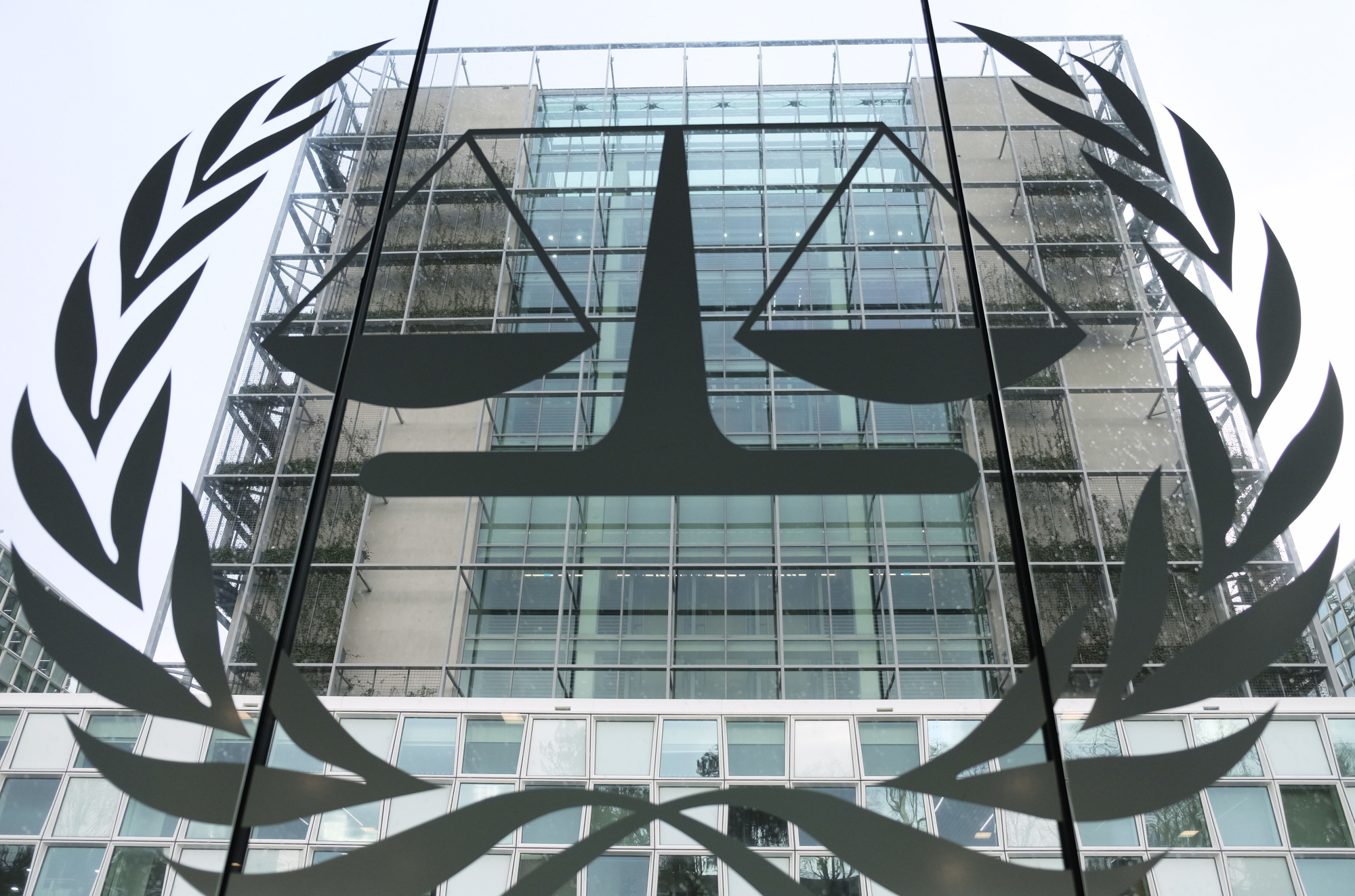Shortly before ending my tenure at the U.N. University in Tokyo in 2007, I spoke to several Diet members regarding the International Criminal Court. Becoming party to it was under active consideration by the Diet. I explained why the court was a progressive step in consolidating the international humanitarian regime. As argued in these pages on Dec. 12, 2007, the ICC would hold perpetrators of atrocities against civilians to international criminal account, I explained, while the sibling norm of the Responsibility to Protect would aim to protect the victims. On July 17, 2007, Japan duly became an ICC member.
Without implying influence over the outcome, I now regret my ICC recommendation. On April 12, its own judges sounded the death knell of the court. They rejected a request from the ICC prosecutor, Fatou Bensouda, to launch formal investigations into allegations of war crimes committed in Afghanistan. After this, why would anyone bother to urge that Amnesty International's claims of 1,600 civilians killed in U.S.-led coalition airstrikes on Raqqa, Iraq, in 2017 should be investigated with a view to possible international criminal prosecution? The ICC's demise will mark the death of one more conceit of liberal international humanitarianism.
U.S. President Donald Trump, whose capacity for moral reasoning on complex international issues is well-known, hailed the announcement as a "major international victory" for "the rule of law." By contrast, Biraj Patnaik, Amnesty International's South Asia director, said that after more than a decade of "heinous crimes committed with near-absolute impunity" in Afghanistan, the judges' decision was a "shocking abandonment of victims" that would "weaken the court's already questionable credibility."



















With your current subscription plan you can comment on stories. However, before writing your first comment, please create a display name in the Profile section of your subscriber account page.